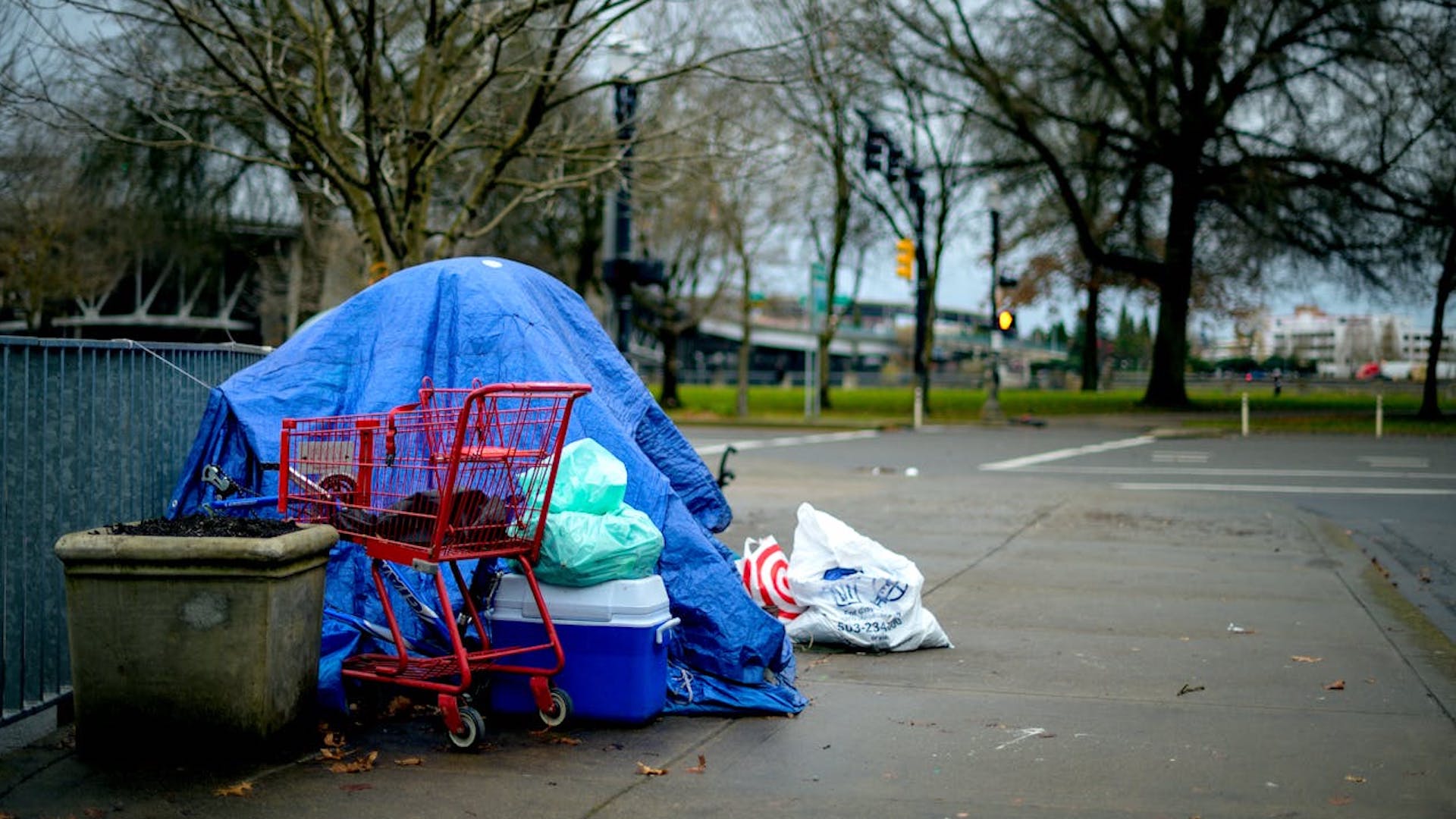Next week MPs are set to vote on a package of measures designed to cut the benefits bill by £5 billion as the government’s ‘Pathways to Work’ green paper goes through the House of Commons.
The cuts are targeting health-related benefits such as personal independence payments (PIP) and the health element of universal credit. These benefits are essential to our clients who are experiencing homelessness at the same time as managing physical and mental health conditions. Last year, 75% of our clients had a mental health support need, while 59% had a physical health support need. The proposed reforms will limit who can claim these much-needed benefits as well as cutting how much people receive.
Get the latest news and insight into how the Big Issue magazine is made by signing up for the Inside Big Issue newsletter
As a frontline homelessness charity, St Mungo’s sees just how significant these benefits are to the people we support. It’s often the thin line between dignity and destitution. Many of our clients with multiple disadvantages, who are currently entitled to these benefits, are already struggling to make ends meet. We also know there are many people who without these benefits would not be able to avoid falling into, or falling back into, homelessness. And of course, as well as the human cost to those it impacts, homelessness also has a financial cost to the government.
Earlier this month we wrote an open letter to the government along with 13 other homelessness organisations, urging a rethink of these reforms.
People are reliant on these benefits to enable them to manage their health conditions; they are a vital lifeline that make it possible to travel to medical appointments, pay for essentials such as food and utilities, and unlock access to other grants, schemes and exemptions. They’re essential for paying for counselling which can stabilise somebody’s mental health. Without being able to afford or access these services, we know it will be even harder for people to end their homelessness and rebuild their lives.





